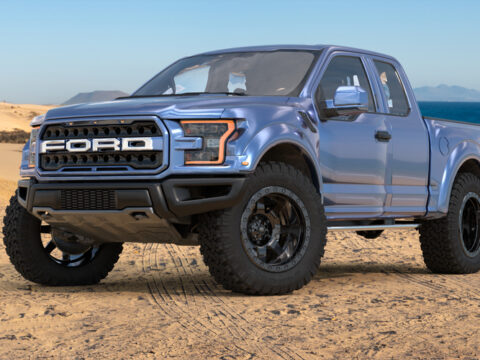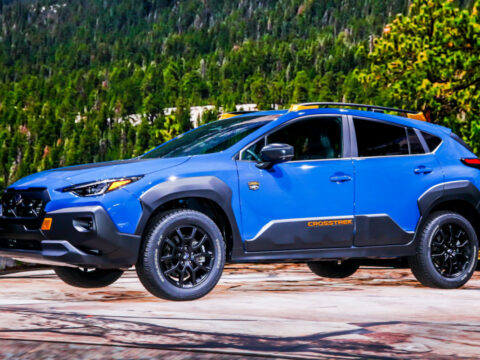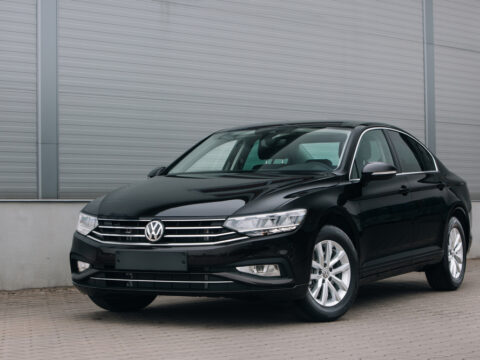While diesel engines are known for their durability and fuel efficiency, they come with several drawbacks that make them less ideal for everyday vehicles. From higher maintenance costs to environmental concerns, these issues can outweigh the benefits for many drivers. Here are 16 downsides to consider before choosing a diesel engine for daily use.
Contents
Higher Initial Cost

The production of diesel engines is more expensive due to their complex design and robust materials required for higher compression ratios. This typically results in a higher purchase price compared to gasoline-powered vehicles. While commercial fleets might justify this upfront cost with long-term savings, it can be off-putting for regular drivers. Many consumers find the initial expense hard to swallow, especially for everyday use.
Expensive Repairs
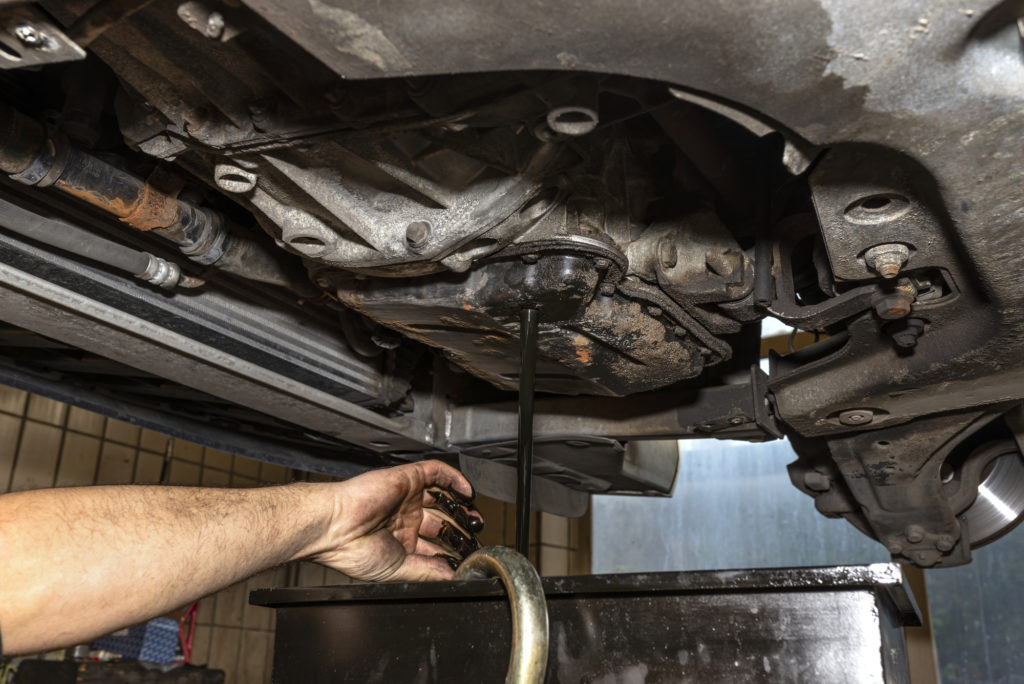
When diesel engines require repairs, the costs tend to be much higher than those for gasoline engines. The components, such as turbochargers and fuel injectors, are more specialized and thus more costly to fix or replace. Additionally, mechanics skilled in diesel repairs can charge premium rates, further driving up maintenance expenses. For daily drivers, these potential repair costs may outweigh the benefits of owning a diesel vehicle.
Diesel Fuel Availability
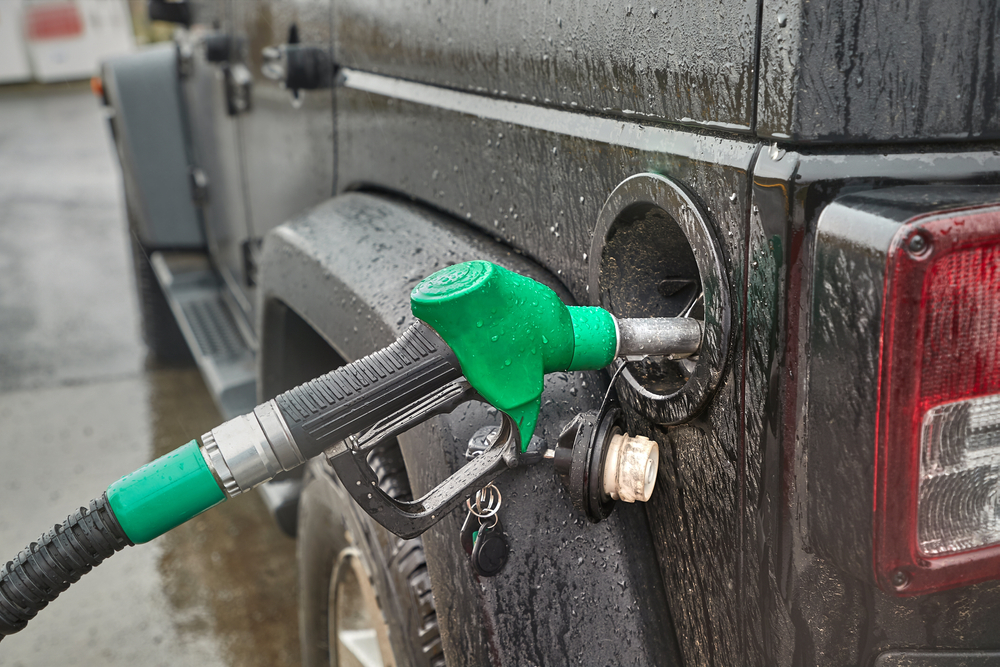
While widely used in commercial applications, diesel fuel isn’t always easy to find, particularly in more rural or remote areas. Gas stations that offer diesel pumps can be few and far between in certain regions, which may lead to inconvenience during long trips. Regular commuters or road travelers may find the lack of easy access to diesel fuel frustrating. This can make diesel less practical for everyday use.
Heavier Engines
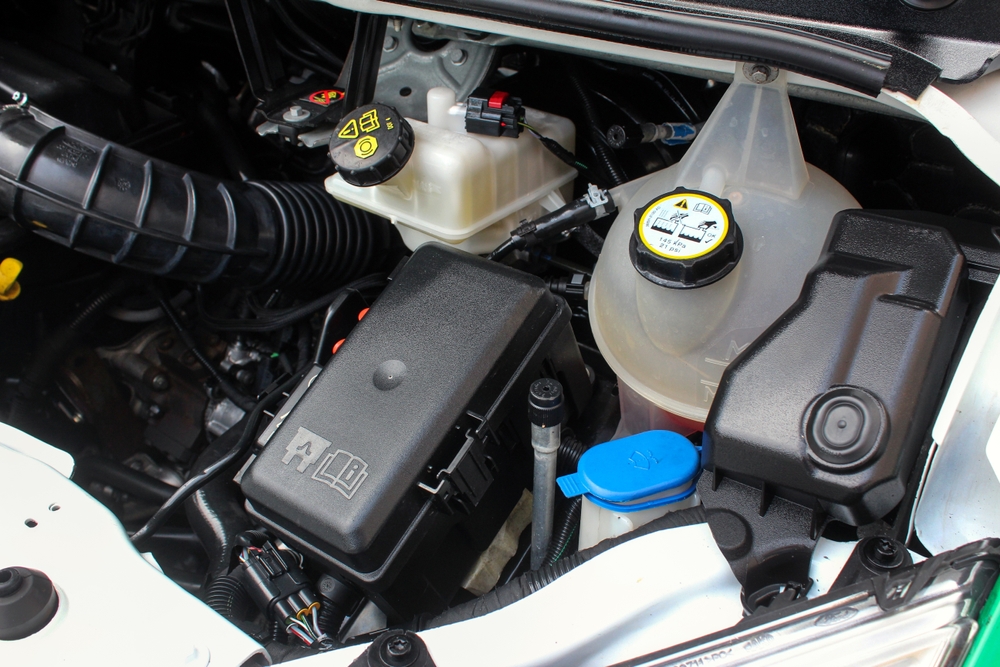
Diesel engines are heavier due to their sturdy construction, designed to handle high pressures during combustion. This added weight can impact the vehicle’s overall performance, particularly in handling and fuel efficiency during city driving. A bulkier engine also contributes to additional wear on suspension and braking systems. For many drivers, this extra weight creates a less nimble and responsive driving experience.
Slower Acceleration
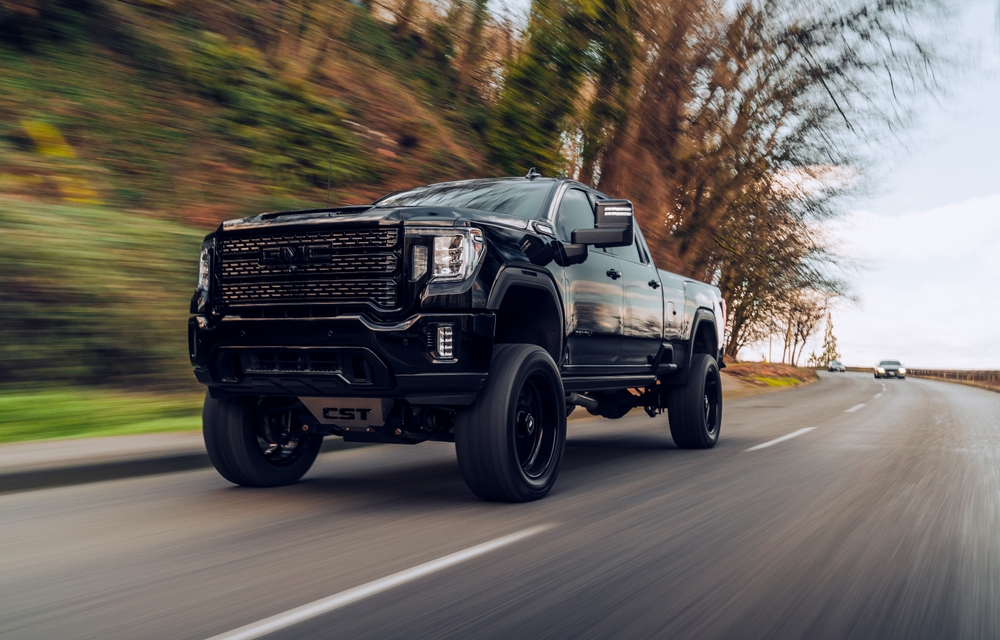
Diesel engines, while known for their torque, typically offer slower acceleration compared to gasoline engines. This difference is particularly noticeable when starting from a stop or merging onto highways. For drivers who enjoy a more dynamic, responsive feel, the slower acceleration of diesel vehicles can be a downside. Everyday driving situations that require quick bursts of speed can feel sluggish in a diesel car.
Increased Noise and Vibration
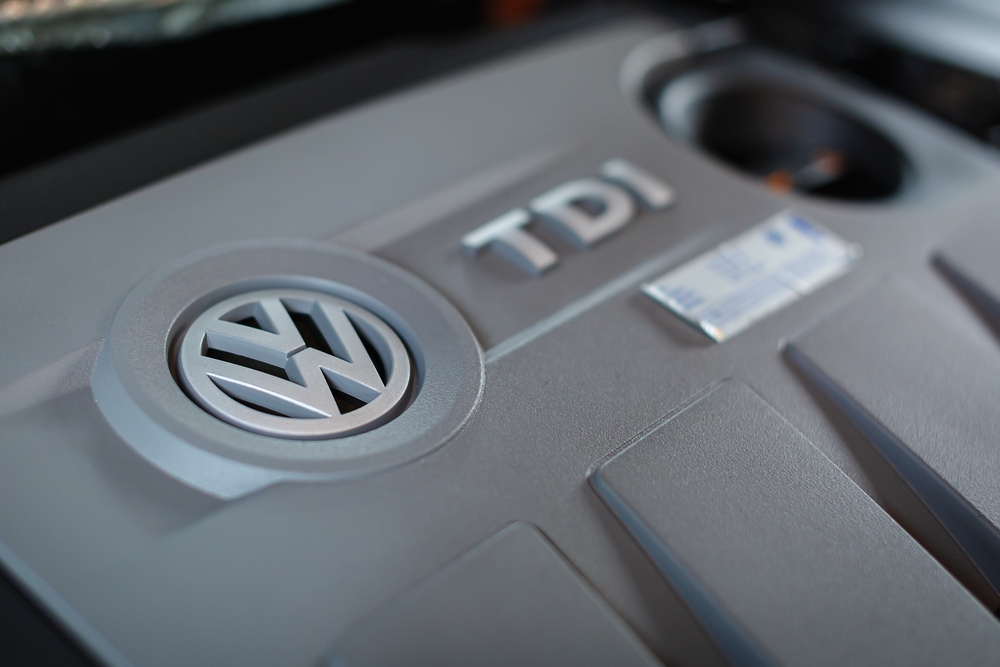
Compared to gasoline engines, diesel engines are louder and produce more noticeable vibrations, especially at idle or lower speeds. This can lead to a less comfortable driving experience, with the vehicle feeling less refined. While some drivers may not mind the extra noise, for others, it detracts from the overall pleasure of driving. In busy city environments, the added noise may become a significant irritation.
Higher Emissions of Nitrogen Oxides (NOx)
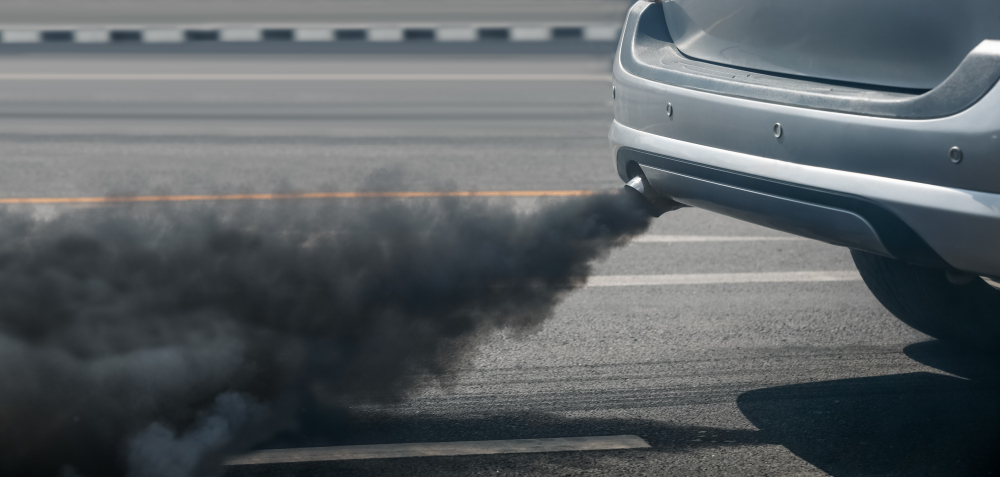
Diesel engines produce more nitrogen oxides (NOx), harmful pollutants that contribute to air quality problems such as smog and acid rain. Although modern diesel engines have advanced emissions control systems, they still fall short of gasoline engines in reducing NOx levels. These emissions are a concern not only for the environment but also for human health, particularly in urban areas. Regulatory pressures make diesel engines a less eco-friendly choice for daily drivers.
Cold Weather Performance Issues

Starting a diesel engine in cold weather can be challenging, as diesel fuel tends to gel or thicken in lower temperatures. This often necessitates the use of glow plugs or block heaters to assist in ignition, adding extra steps for the driver. For those living in colder climates, this becomes a regular inconvenience. Diesel engines are simply less reliable in freezing conditions compared to their gasoline counterparts.
More Pollutants from Older Diesel Engines
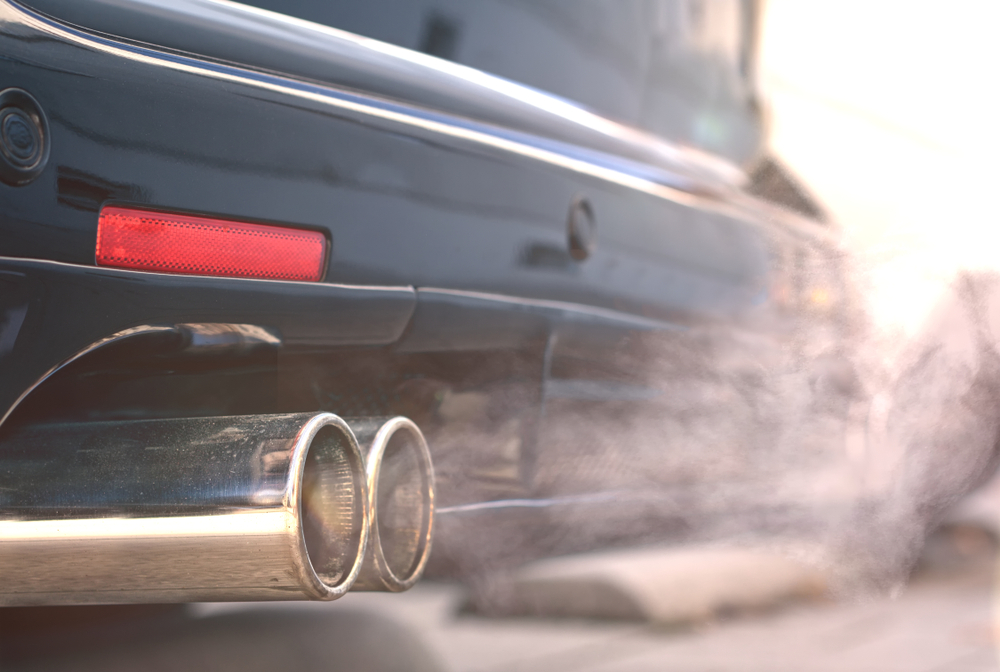
Older diesel engines, particularly those without modern emission controls, emit significantly higher levels of pollutants, including particulate matter and soot. This makes them harmful to both the environment and public health. While newer models are cleaner, many older diesel vehicles still on the road contribute heavily to air pollution. Retrofitting these older vehicles is often too expensive for the average driver.
More Frequent Oil Changes
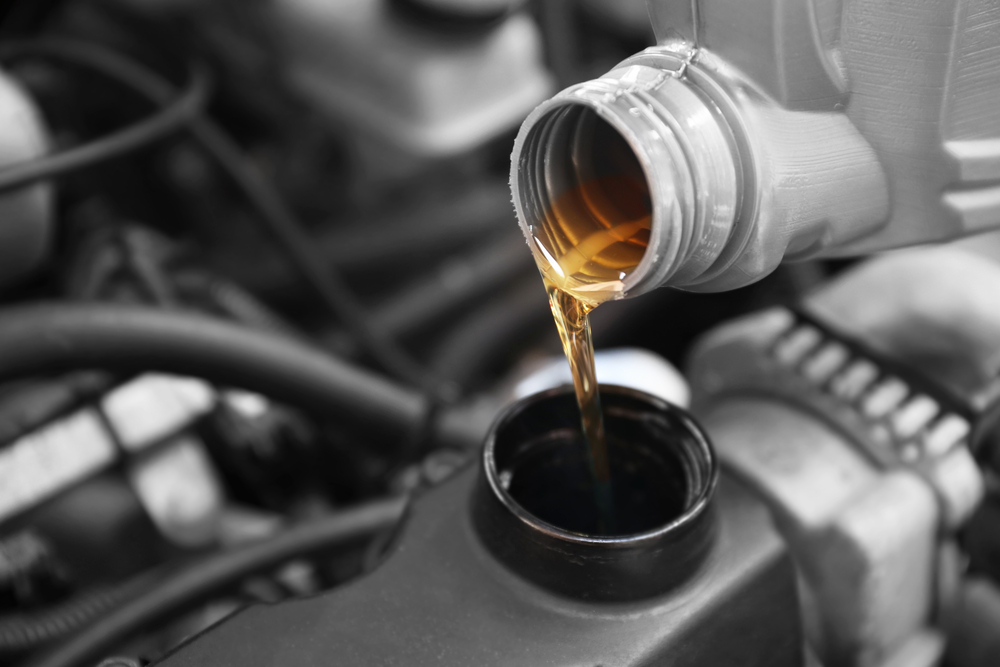
Diesel engines produce more combustion byproducts, such as soot, which can contaminate the engine oil faster than in gasoline engines. As a result, diesel vehicles typically require more frequent oil changes to keep the engine running smoothly. This increases the time and money spent on routine maintenance for everyday drivers. The inconvenience of frequent oil changes can become a burden for those who prioritize low-maintenance vehicles.
Slower Warm-Up Times

Diesel engines are more thermally efficient, but this means they take longer to warm up, particularly in colder weather. For drivers making short trips, the engine may not even reach its optimal operating temperature, reducing fuel efficiency and performance. During the winter months, this delay can also impact how quickly the cabin heats up, leaving drivers cold for longer. Everyday use in cold climates becomes less convenient with these prolonged warm-up times.
Limited Engine Choices in Smaller Cars
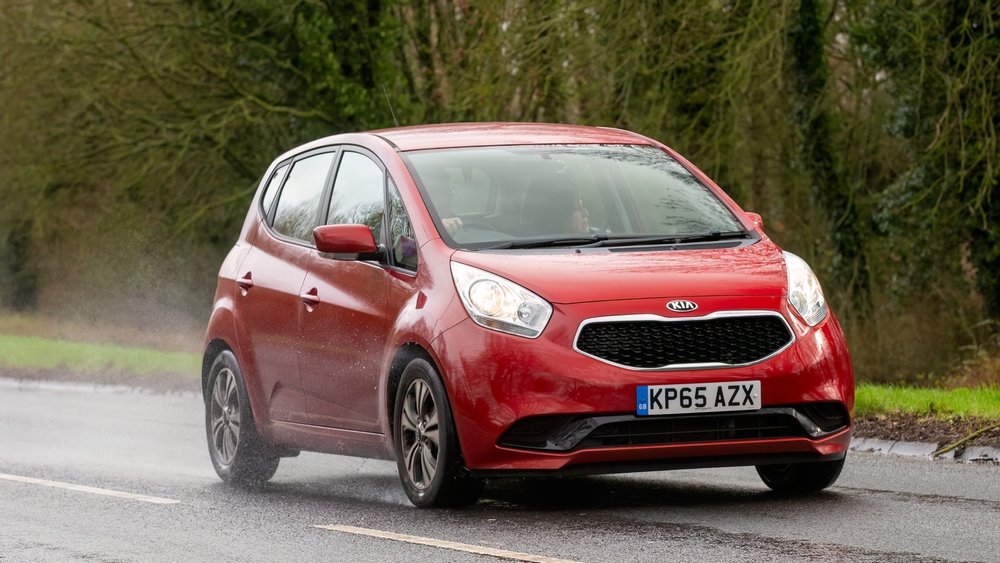
Automakers tend to offer diesel engines in larger vehicles such as trucks and SUVs, leaving fewer options for compact cars. Those interested in diesel-powered sedans or hatchbacks will find their choices significantly limited. This lack of variety can be frustrating for drivers who want a smaller, more fuel-efficient diesel option for everyday use. The limited availability may force some consumers to choose gasoline alternatives instead.
Expensive Diesel Particulate Filters (DPF)
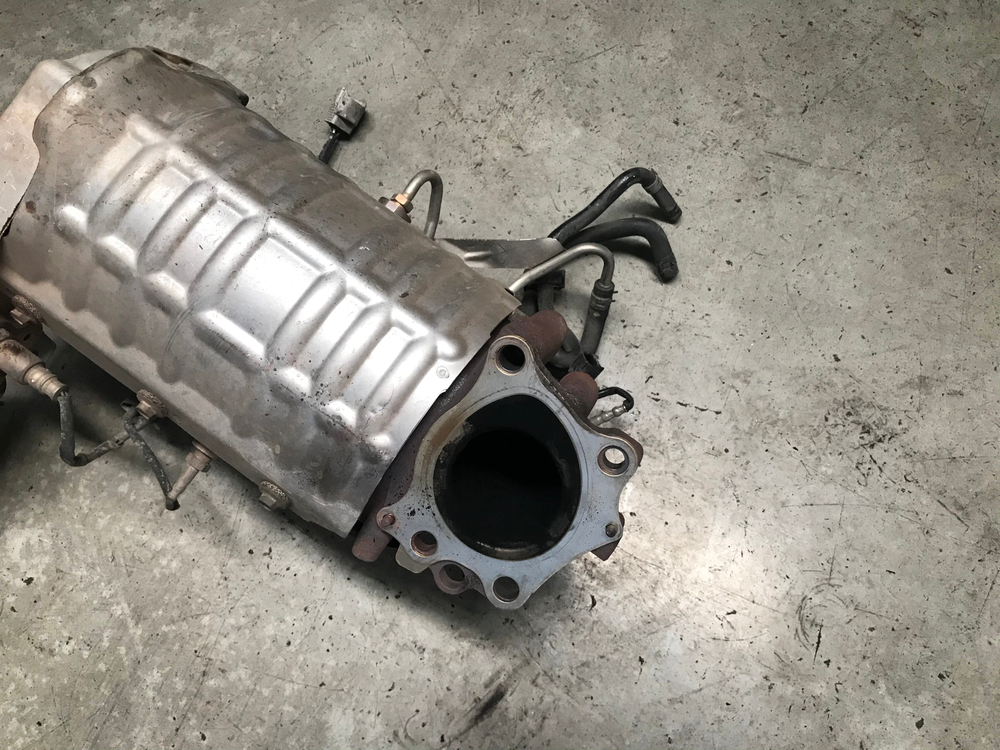
Diesel particulate filters (DPF) are essential for reducing harmful emissions but can be costly to replace or maintain. If not properly cleaned, these filters can become clogged, leading to performance issues or even engine failure. Everyday drivers who don’t frequently engage in highway driving may find that their DPF requires more maintenance due to inadequate regeneration. The high cost of replacing a DPF can negate any fuel savings over time.
Potential for Higher Insurance Costs

Diesel vehicles are often more expensive to insure due to their higher initial cost and repair expenses. Insurers may view them as a greater financial risk, leading to higher premiums for diesel owners. For drivers seeking affordable car ownership, this extra expense can be a deterrent. Diesel’s higher insurance costs, combined with its other financial drawbacks, can make it less appealing for everyday use.
Weight Impacts Fuel Efficiency in City Driving
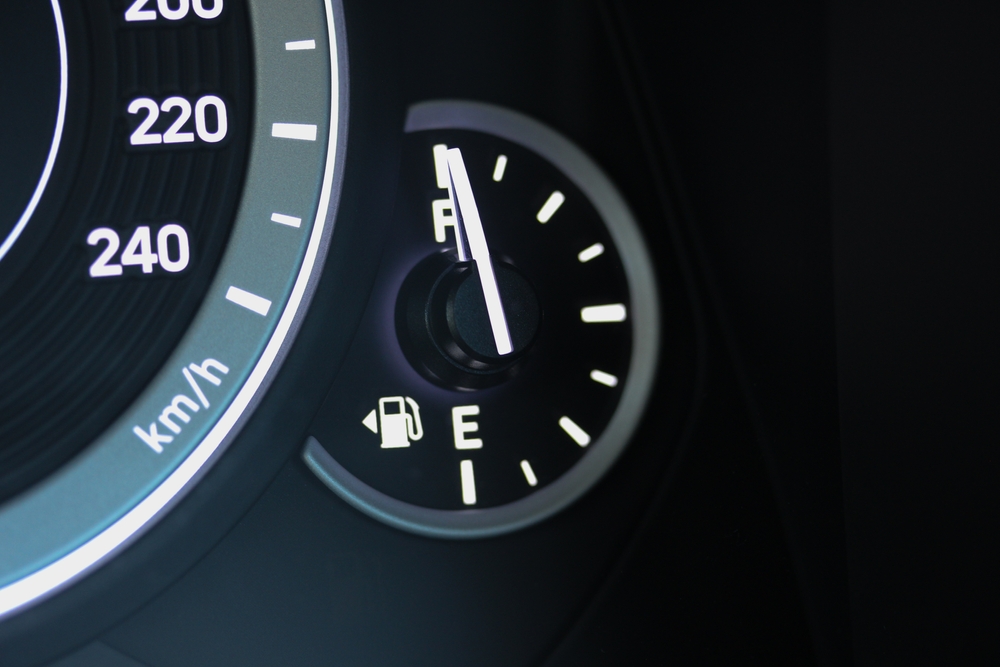
While diesel engines are known for their fuel efficiency on highways, their heavier weight can reduce efficiency in stop-and-go city driving. The extra mass means the engine has to work harder to accelerate from a stop, leading to higher fuel consumption in urban environments. For drivers who primarily commute within cities, this lower fuel efficiency can diminish the overall benefits of owning a diesel vehicle.
Diesel Engine Retrofitting Costs
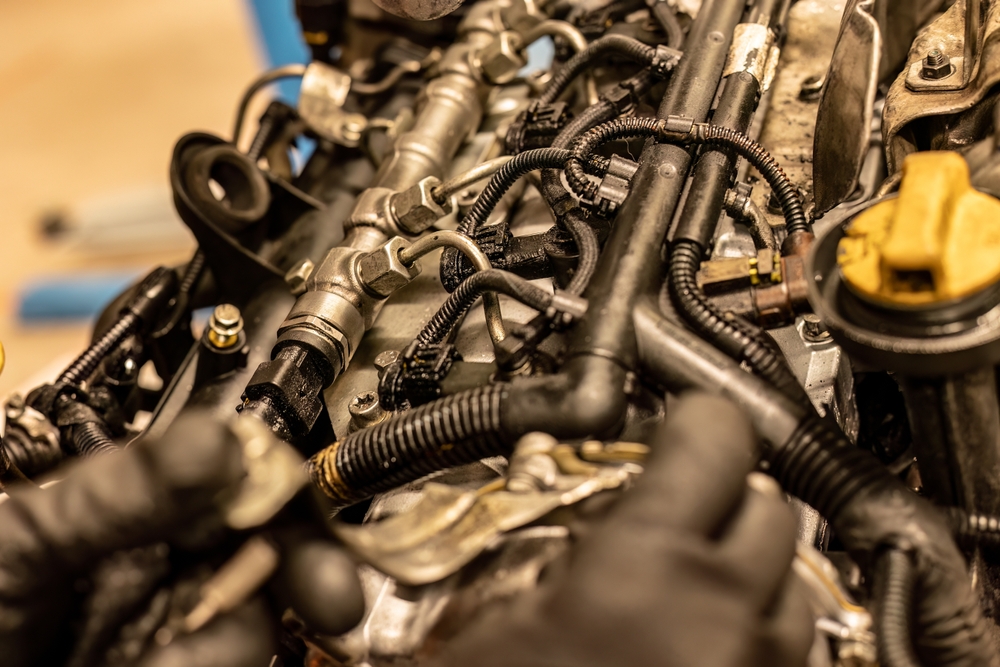
Retrofitting older diesel vehicles to meet modern emissions standards can be a costly endeavor. These upgrades may include installing diesel particulate filters or other emissions control technologies, which are expensive and time-consuming. For everyday drivers with older diesel cars, the cost of retrofitting may outweigh the benefits, leading many to simply continue driving vehicles that pollute more. This trade-off complicates diesel ownership for those conscious of environmental impact.
This article originally appeared on MyCarMakesNoise.
More from MyCarMakesNoise
25 Motorcycles That Became Cultural Icons

Motorcycles have always held a special place in the hearts of enthusiasts and pop culture alike. From the roaring engines to the sleek designs, these machines have transcended their utilitarian roots to become symbols of freedom, rebellion, and adventure. Read More.
17 Frequent Blunders to Avoid During Car Maintenance
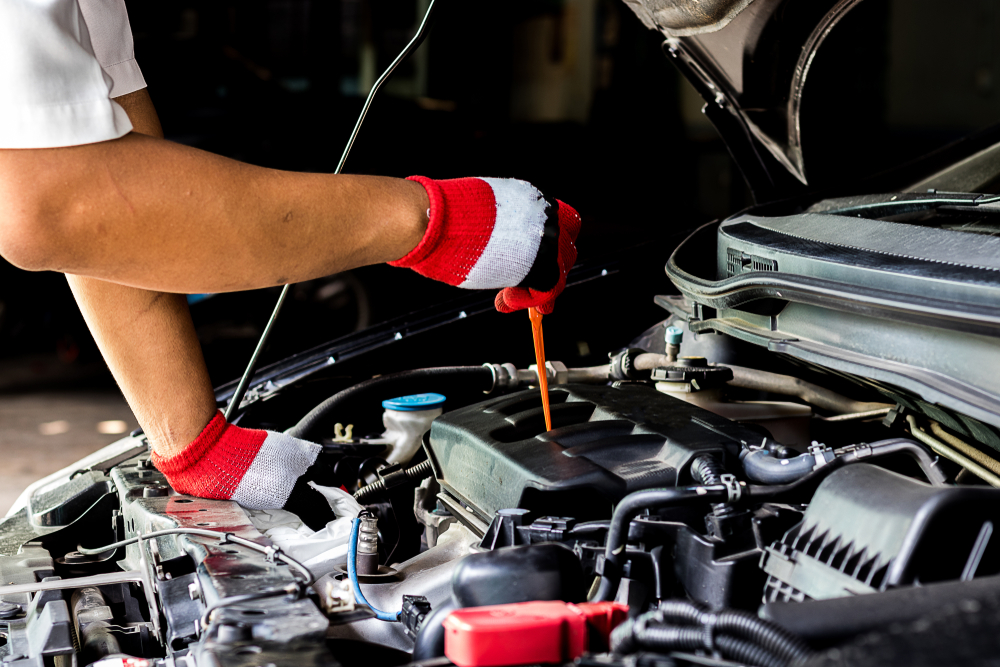
Maintaining your car properly is crucial for its performance and longevity. However, many car owners make common mistakes that can lead to costly repairs and unsafe driving conditions. Read More.
Top 12 Airstream Models for Stylish Road Trips
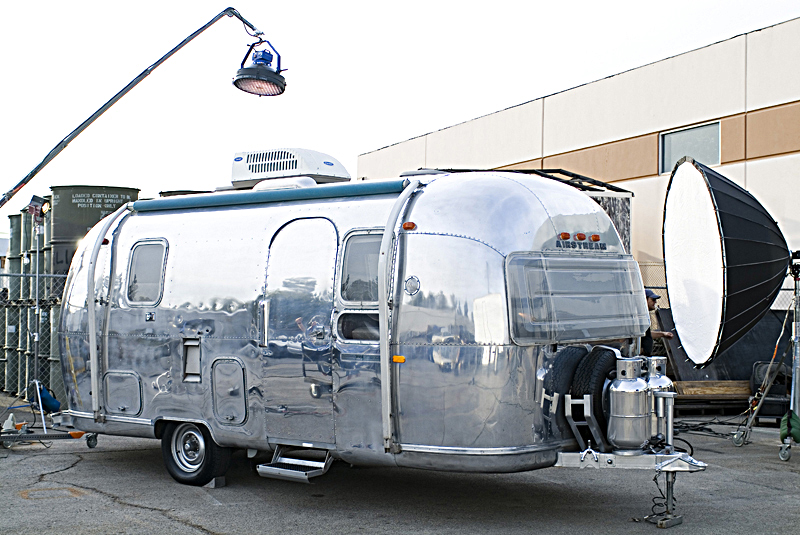
Embarking on a stylish road trip means choosing the right travel trailer to enhance your journey. Airstream offers a range of models, each designed to provide comfort, functionality, and a touch of luxury. Read More.

